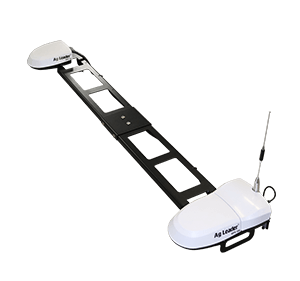Thoughts on the Gulf Impact
Over the last several years, we have heard more and more about the environmental impacts in the Gulf of Mexico with regard to the Hypoxia zone where the Mississippi enters the Gulf of Mexico. While the size and impact of this zone changes from year to year, the region has had a difficult time dealing with the side effects of the situation. (Click here for information about the science of Hypoxia and the side effects.)
There are several areas like this around the world, primarily where watersheds from crop production enter larger bodies of water. There are many causes to nutrient loading of waterways that contribute to the Hypoxic zone off the coast of Louisiana and other places around the world – some agriculture related and some industrial. Generally, it is those that have the loudest voice that the general public listens to and remembers.
Many are blaming nutrient (mostly Nitrate and Phosphorous) runoff from agriculture that flows into the Mississippi river for causing the problem. What doesn’t get as much attention is municipal sewer systems that can’t handle springs like 2008 when there were 25 inches of rain in 4 weeks. The “blame” is shared by industry, agriculture, and other sources for the problems in the Gulf of Mexico.
Recently I learned of a Task Force – formed by the Iowa Department of Agriculture and Land Stewardship (IDALS) and Iowa State University – that is attempting to get a grasp on what role agriculture plays in the problem. This is a pro-active approach that has the intent to collect real data about the contribution of nutrient loading from Iowa. Each state along the Mississippi River is required to have a nutrient reduction strategy, but many are waiting in hopes of receiving federal dollars to help with it. Iowa, however, is moving forward because this is an important topic that needs to be looked at sooner rather than later. I commend IDALS for having the foresight to take a pro-active approach to collect real data. As we have learned from similar situations, a knee-jerk reaction without collecting enough data to make a good decision can eventually impede progress.


















